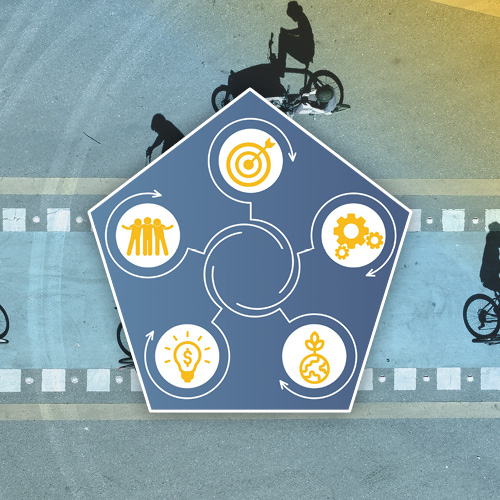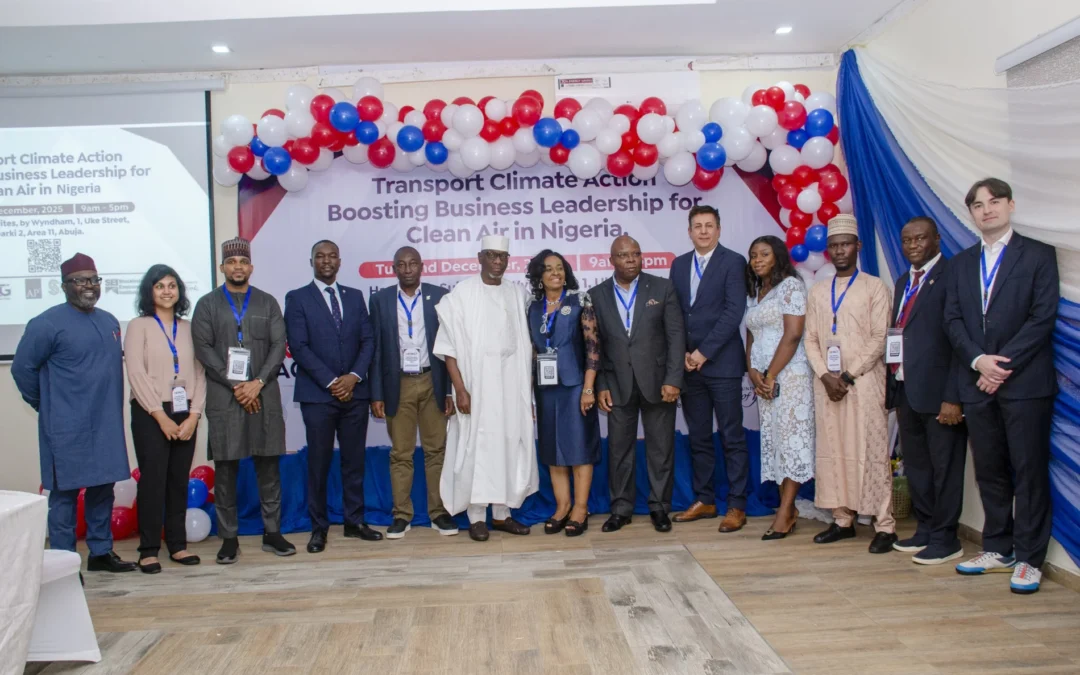Welcome to the
SLOCAT Partnership
SLOCAT accelerates the transformation of transport systems and services towards inclusive, healthy, green and resilient solutions for people and the planet.









SLOCAT emphasises all land transport modes with universal analyses and actions, especially for low- and middle-income countries.
Key Highlights
Manifesto for intermodal, low-carbon, efficient and resilient freight transport and logistics
Transport, Climate and Sustainability Global Status Report- 4th Edition
SLOCAT Engagement at COP30
Transport Decarbonisation Index
UN Decade of Sustainable Transport
Explore Our Work







Insights & Data

Actions & Change Makers

Advocacy & Engagement

UN Decade on Sustainable Transport
In 2023, the United Nations (UN) General Assembly declared the first-ever United Nations Decade of Sustainable Transport to start in 2026 (Resolution A/78/148), underscoring transport’s critical role as an enabler for the attainment of the Sustainable Development Goals (SDGs). The UN Department of Economic and Social Affairs (UNDESA), in collaboration with UN Regional Commissions, is tasked with the preparation of a UN Implementation Plan for the UN Decade, in consultation with “Member States, specialised agencies, funds, programmes and bodies of the United Nations, as well as other intergovernmental organisations, non-governmental organisations and relevant stakeholders”.

NDCs Library
The global emissions of the transport sector are heading in the wrong direction, accounting for the fastest-growing source of emissions around the world. We must change this trend now and the Intergovernmental Panel on Climate Change underlines that a pathway for transport which contributes to maintaining global temperature rise below 1.5°C is possible.

SLOCAT at COPs
SLOCAT provided thought leadership and advocacy to shape the global sustainable, low carbon transport agenda at UN Climate Chance Conferences (COPs), with growing credibility, influence and increased cooperation with our Partners and actors within and beyond the transport community.

Our Vision
Sustainable Low Carbon Transport
Transport is the lifeline of our communities and economies. Expanding passenger and freight transport services that are efficient, accessible, affordable, safe, sustainable and resilient is among the most impactful steps to enable inclusive communities and shared prosperity for a liveable planet. To get there, changes in the policy, resources, practice, mentalities, and relationships for transport are needed.
SLOCAT works to foster inclusive, coordinated and transformative progress to strengthen transport systems that are socially inclusive, economically viable, environmentally responsible, and resilient.
Latest News
SLOCAT is Pleased to Appoint Carly Gilbert-Patrick as New Secretary General
Carly brings over 25 years of leadership experience in fields including health, law and transport. For the last 16 years…
Transport in COP30 Outcomes
COP30 Belém was dubbed as the “implementation COP”, after years of negotiations on the Paris Agreement rules and amidst mounting…
Empowering Nigerian businesses to reduce their transport-related air pollution and greenhouse gas emissions
Air pollution and greenhouse gas emissions are among Nigeria’s most urgent economic and public health problems, with transport accounting for…
Bridging Generations for a Zero-Emission Future
Young Leaders’ Perspectives for Just Transformations to Sustainable TransportSLOCAT and the Volvo Research and Educational Foundations (VREF) launched in May…
SLOCAT In the Media: Energy Tracker Asia
Extract of the Article below: At COP30, Transportation Emissions Remain a Big Hurdle COP30 highlighted a critical gap: despite…
UK PACT starts national initiative to strengthen private sector capacity for climate and clean air action in Nigeria
Today, with the start of the UK PACT national initiative to strengthen private sector capacity for climate and clean air…
Transport in Third-generation NDCs – November 2025
Transports in NDCs 3.0 : An Analysis by GIZ and SLOCAT The year 2025 marks a crucial juncture for advancing…
Connecting Systems Transformation: The Transport-EnergyNexus for Decarbonisation, Shared Prosperity and Resilience
We are delighted to publish with our dear partners REN21 this very important Memo, on the Transport and Energy Thematic…
Transport in a Crisis Era: Press Release
Transport in a Crisis Era: New Report Calls for Bold, Just, and Sustainable Transformation of Transport Systems for People and…
Time to Set a Global Goal for Transport
Decisions on transport policies and investments determine whether economies can grow and communities become more inclusive while reducing emissions and improving air…



















